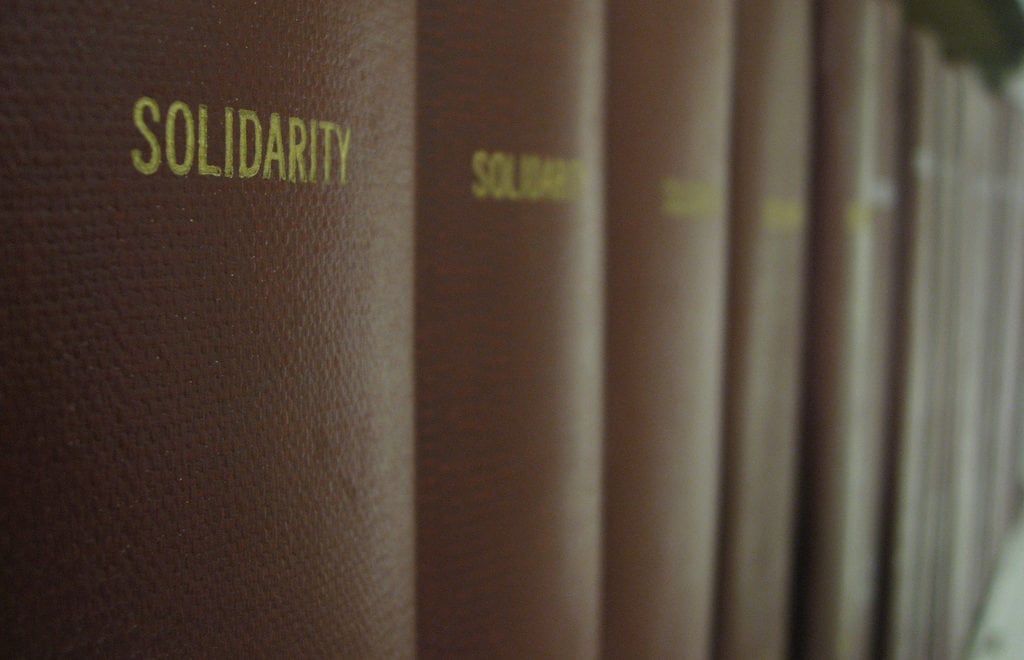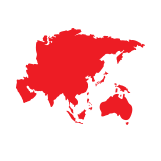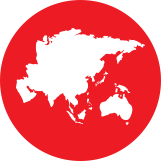On November 8, 2016, I was in Cambodia.
That evening, I watched the news broadcast in Khmer – its footage of then President-Elect Trump and commentary on what this new administration might mean for Southeast Asia. My Cambodian friend sat with me at the kitchen table, holding space for my anger and mourning. He said, “I know what it’s like to have so much hope for your country.”
It’s important to know that Prime Minister Hun Sen has maintained “democratic” power in Cambodia since 1985, making him the longest-serving prime minister in the world. Five years ago, the oppositional Cambodia National Rescue Party (CNRP) fiercely organized against Hun Sen’s Cambodian People’s Party (CPP), and for the first time, the national election was a truly contested race. In the end, the CPP maintained 55% of the National Assembly seats – a staggering drop in control.
What’s happened since can only be described as a full breakdown of democracy: political dissidents threatened, jailed for treason, forced into exile, and mysteriously killed; numerous civil society and media organizations shut down; and as of last November, the CNRP was dissolved entirely.
The Cambodian government has assured that this time, it will not be a tight race.
On July 29, many Cambodians will go to the polls, and others will abstain at great risk, knowing there is only one major party on the ballot. I find myself wondering what the international community ought to do, but I don’t have to look far for the answer:
When my country faced a difficult election, my Cambodian colleagues and friends sat with me.
And so on July 29, I stand with them. Not out of any moral or political high ground, but quite the opposite – I stand with them because our stories are deeply entangled.
Hun Sen’s rise to military infamy is not separate from the United States’ bombing of the Cambodian countryside, and his political impunity is not separate from the United States’ legitimization of the genocidal Khmer Rouge regime. Cambodian political elites have been groomed by U.S. businesses to consolidate power and to loot the country, from illegal logging to violent land grabs. Alongside this, the Cambodian government has been emboldened to shirk real responsibility because of U.S. nonprofits who outsource the provision of basic public services. The list goes on.
We have to hold power to account; we are in this election already.
But we are not just entangled in the power work of governments, groups, and corporations. Ultimately, I stand with the Cambodian people because as my friend said, “I know what it’s like to have so much hope for your country.” We are woven together as people in the shared, risky, flawed experience of democracy – on November 8, July 29, and every day forward. It is in the midst of this often devastating experience that communities organize and justice breaks through, because hope persists.



